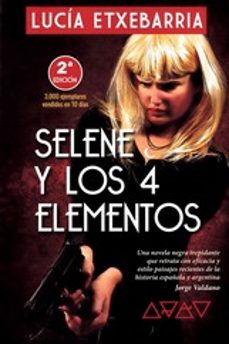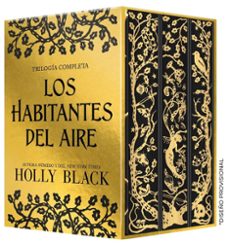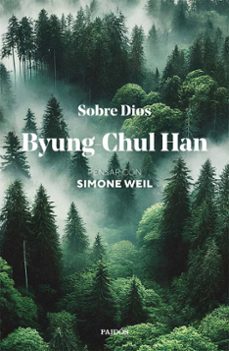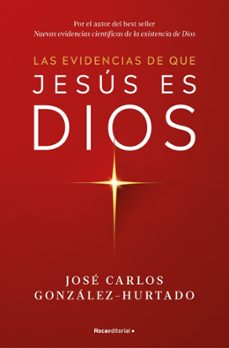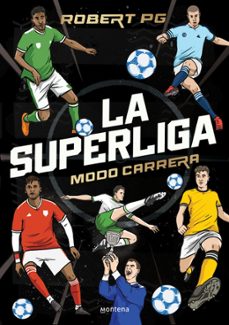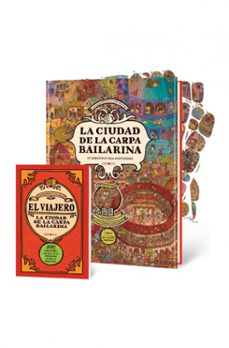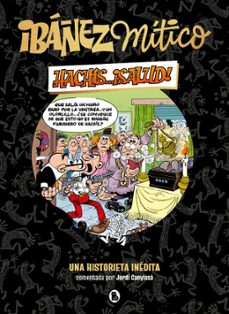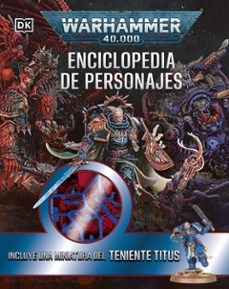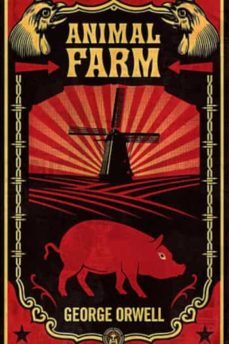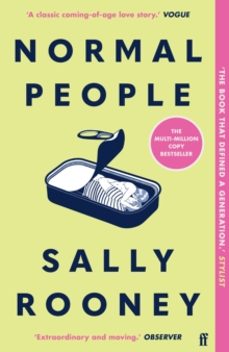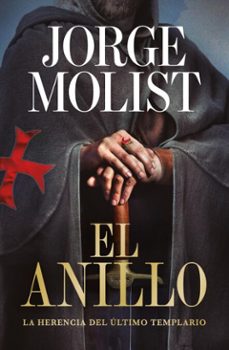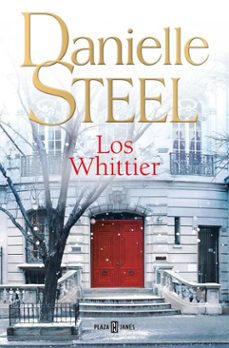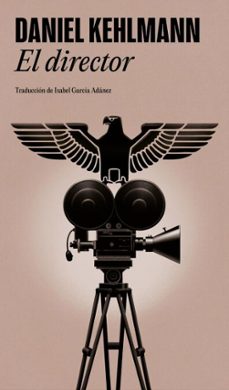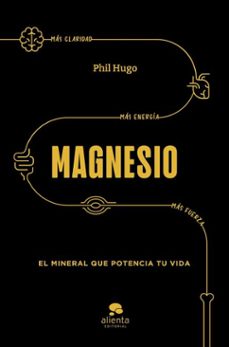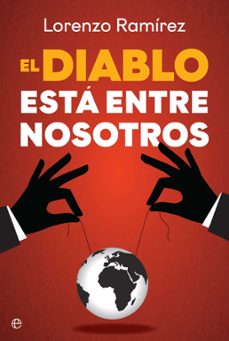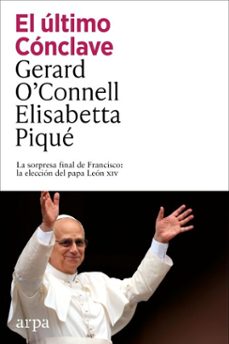📱 eBook en inglés THE CROWN OF WILD OLIVE
Simone Vannini - 9788892585867
Sinopsis de THE CROWN OF WILD OLIVE
The first thing then that he has to do, if unhappily his parents or masters have not done it for him, is to find out what he is fit for. In which inquiry a man may be very safely guided by his likings, if he be not also guided by his pride. People usually reason in some such fashion as this: "I dont seem quite fit for a head-manager in the firm of —— & Co., therefore, in all probability, I am fit to be Chancellor of the Exchequer." Whereas, they ought rather to reason thus: "I dont seem quite fit to be head-manager in the firm of —— & Co., but I daresay I might do something in a small green-grocery business; I used to be a good judge of peas;" that is to say, always trying lower instead of trying higher, until they find bottom: once well set on the ground, a man may build up by degrees, safely, instead of disturbing every one in his neighborhood by perpetual catastrophes.
Léelo en cualquier dispositivo

iPhone y iPad
Descarga la App de lectura Vivlio Casa del Libro para iOS. Es gratuita y está disponible tanto para iPhone como para iPad.

Android
Descarga la App de lectura Vivlio Casa del Libro para Android. Es gratuita y está disponible tanto para móvil como para tablet.

Tu navegador
Puedes leer los eBooks directamente con nuestro visor online, accediendo a nuestra web desde tu móvil o tu ordenador, sin necesidad de descargar nada. Accede a tu área de usuario y empieza a leer.

eReaders*
Puedes conectar tu eReader a tu ordenador y enviar el libro al dispositivo utilizando Adobe Digital Editions.
* Los eReaders de Amazon (Kindle) solo permiten libros de su propia tienda, por lo que no son compatibles.
Ficha técnica
Editorial: Simone Vannini
ISBN: 9788892585867
Idioma: Inglés
Especificaciones del producto
App gratuita de lectura Tagus
Ahora tu lectura es multidispositivo, con la App de Tagus, puedes tener todos tus libros en tu tablet y smartphone. Aprovecha cualquier momento para seguir disfrutando de las lecturas que más te gustan.
Escrito por John Ruskin
Opiniones sobre THE CROWN OF WILD OLIVE (EBOOK)
¡Sólo por opinar entras en el sorteo mensual de tres tarjetas regalo valoradas en 20€*!


